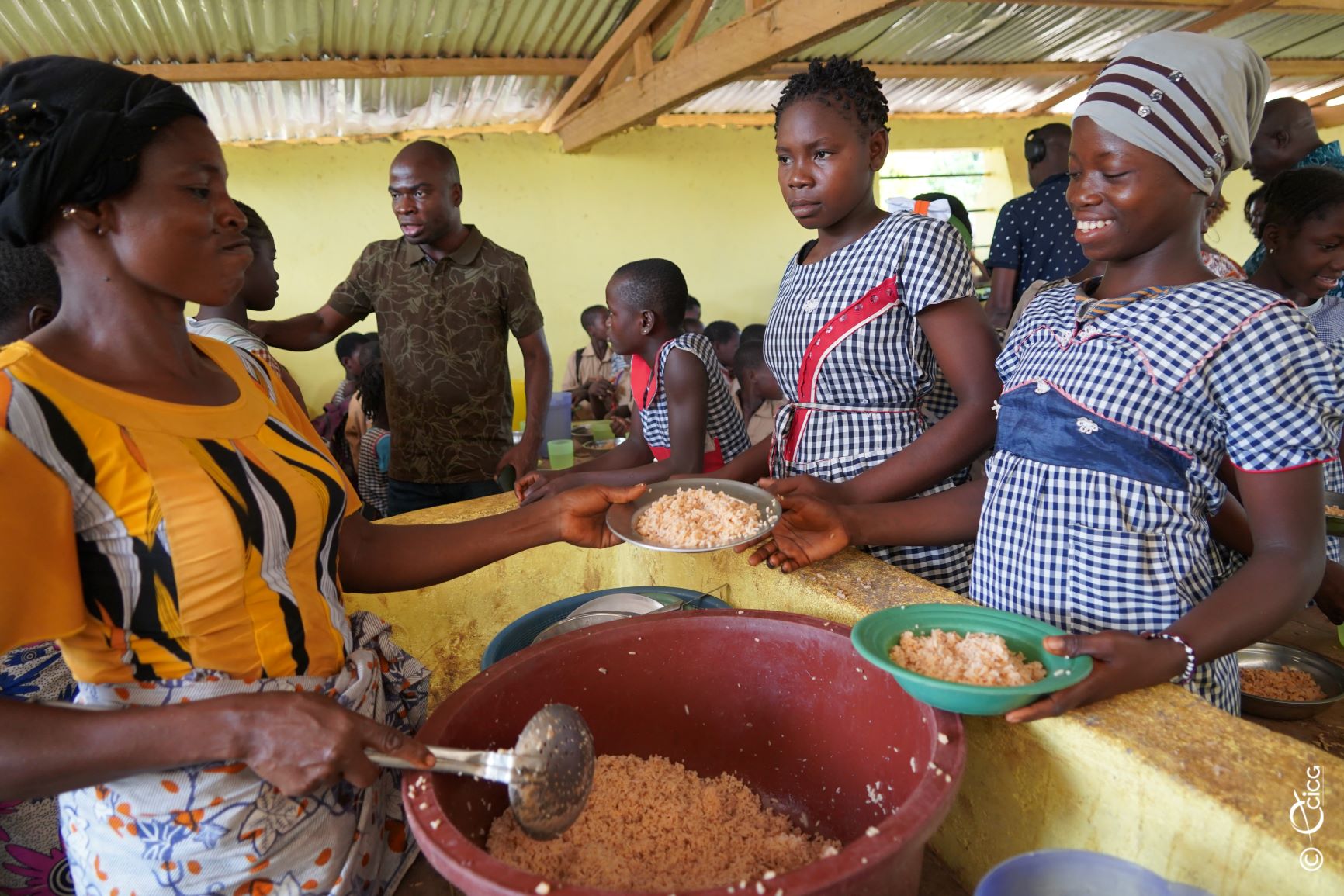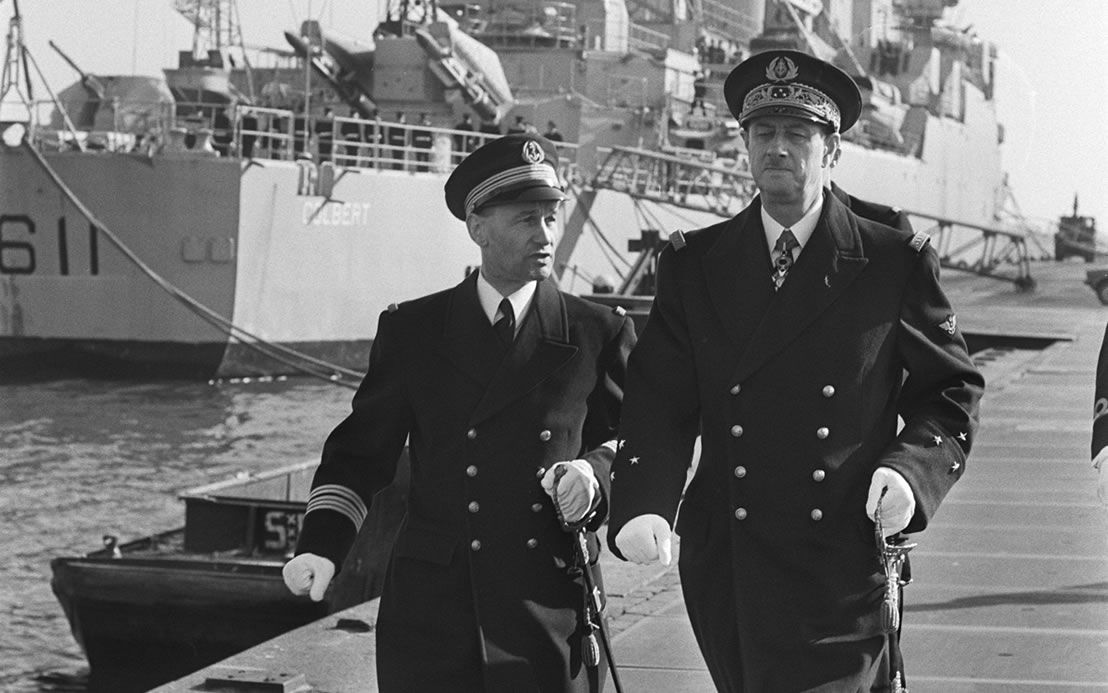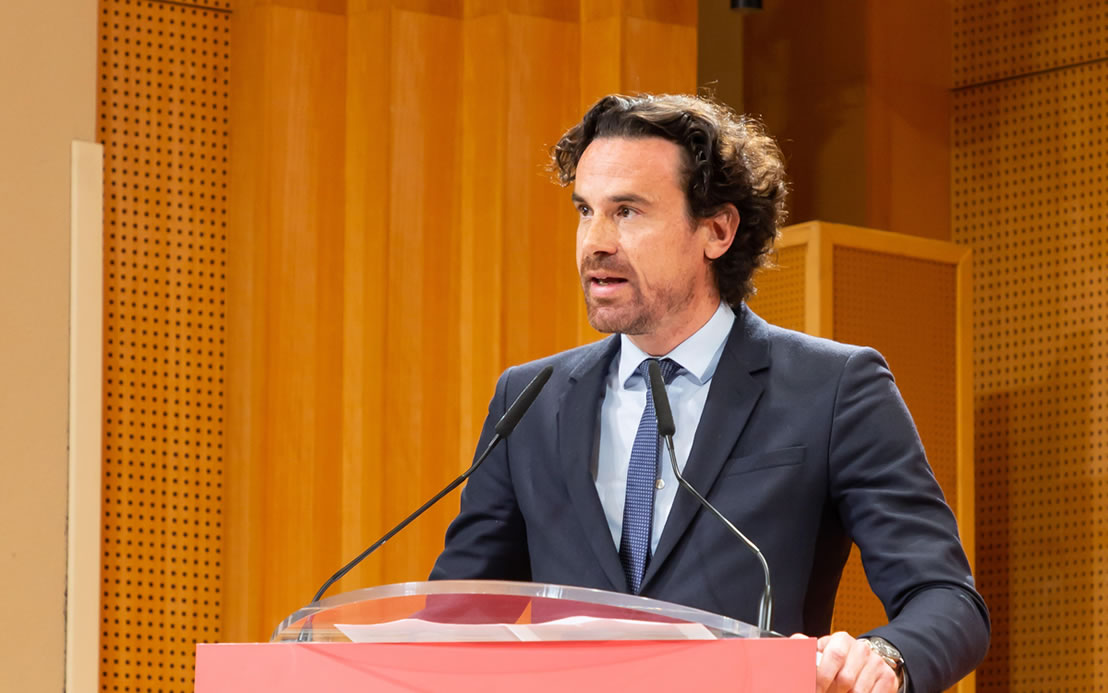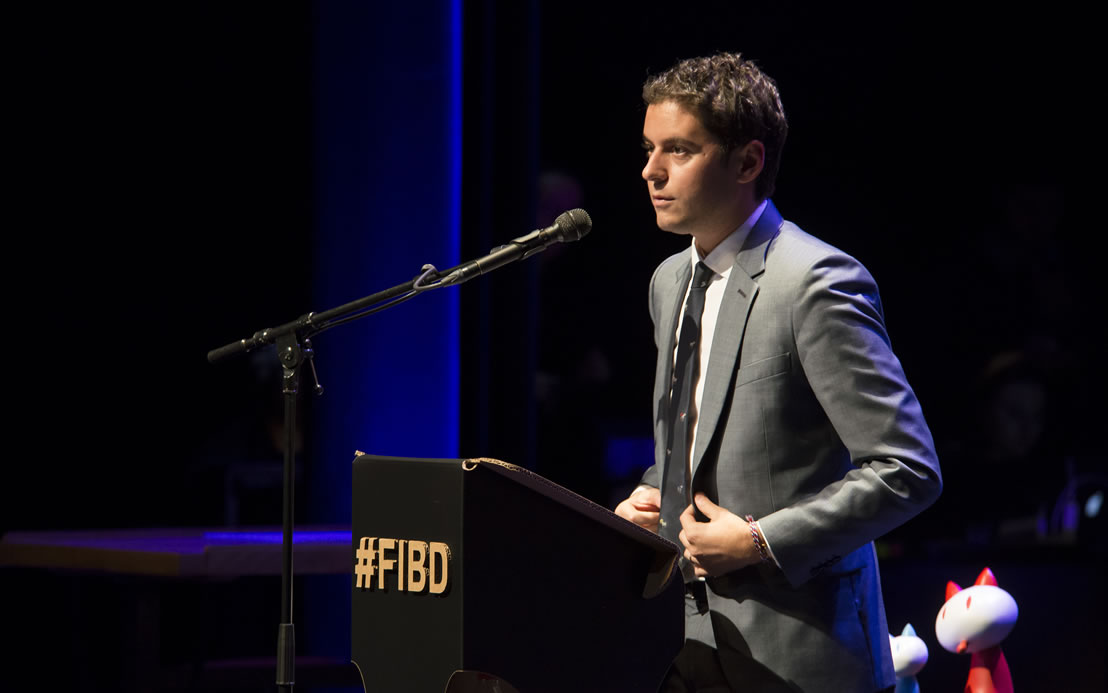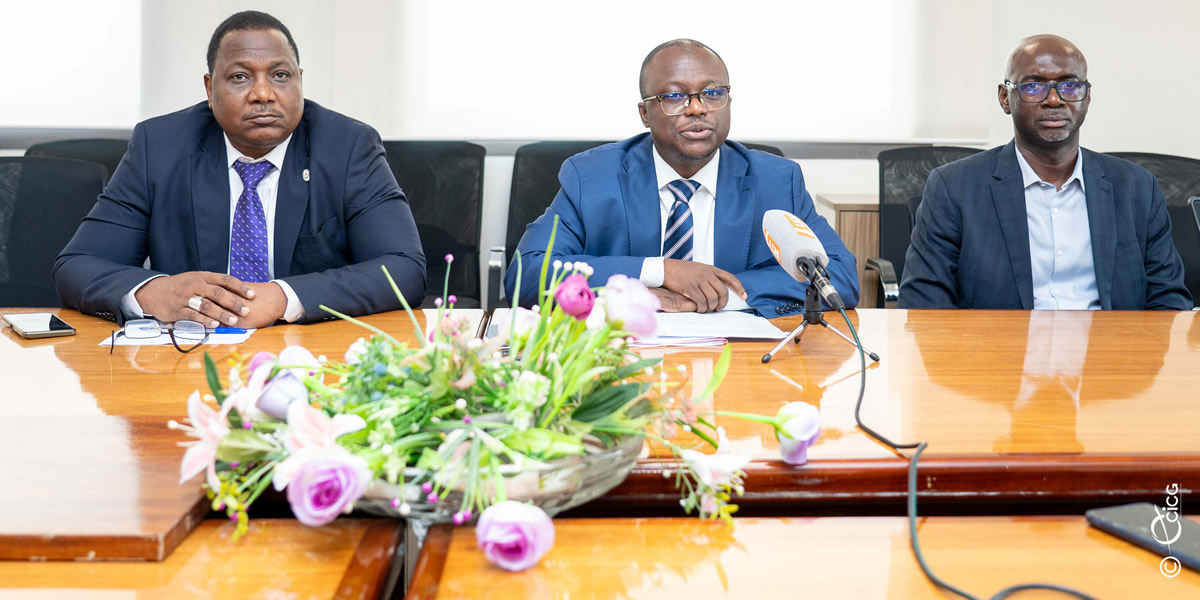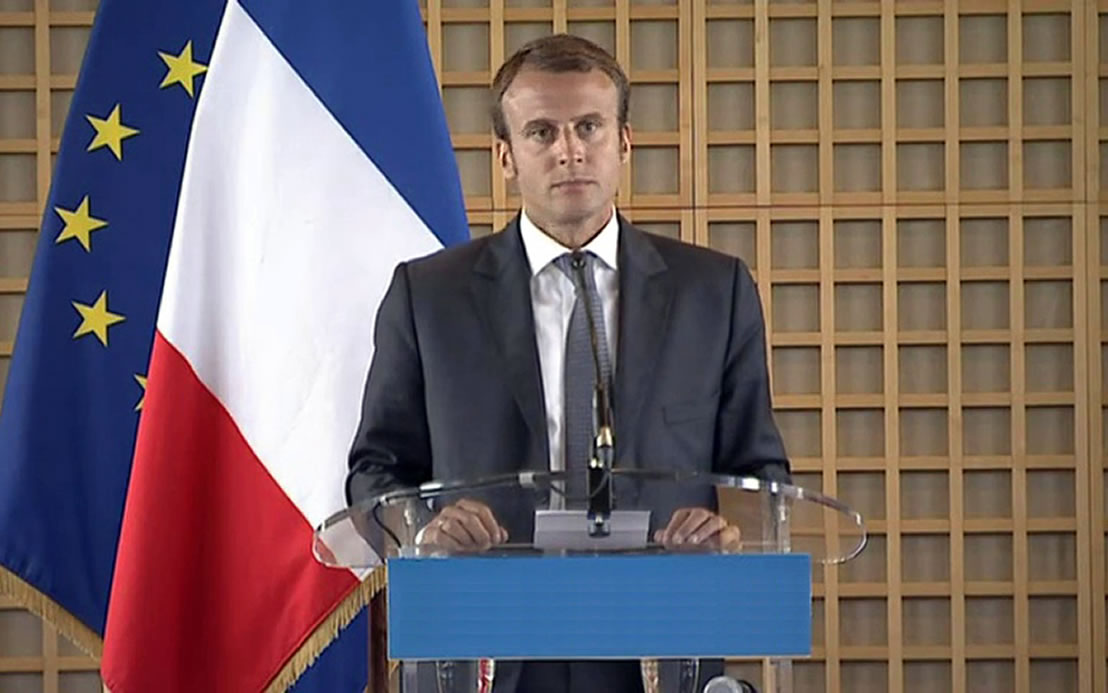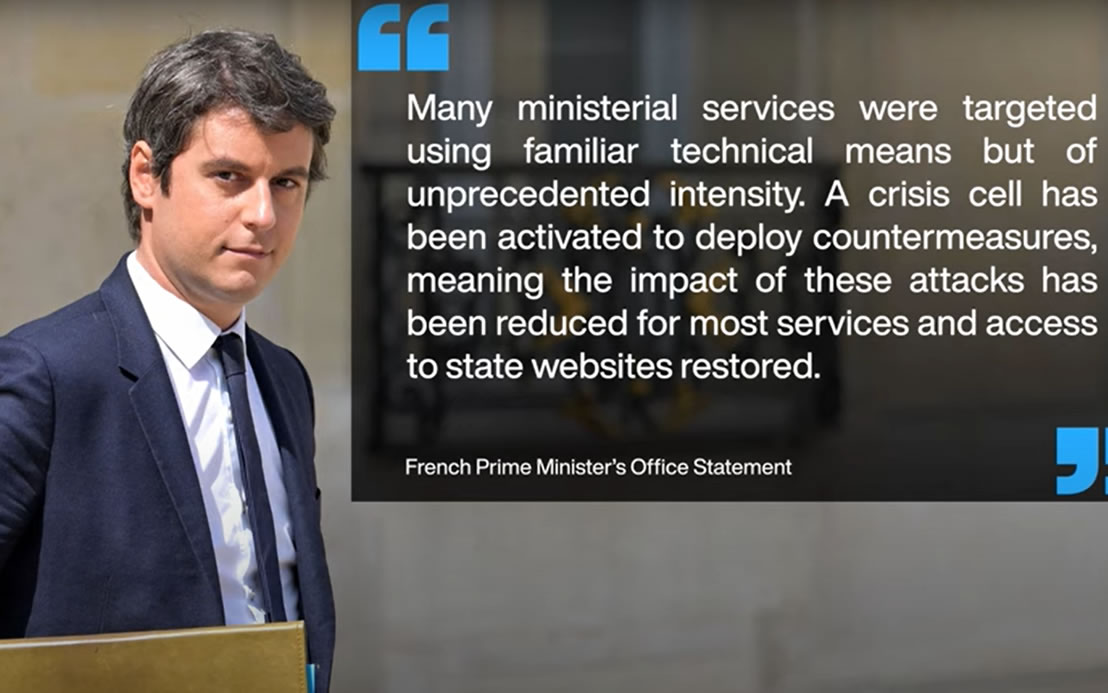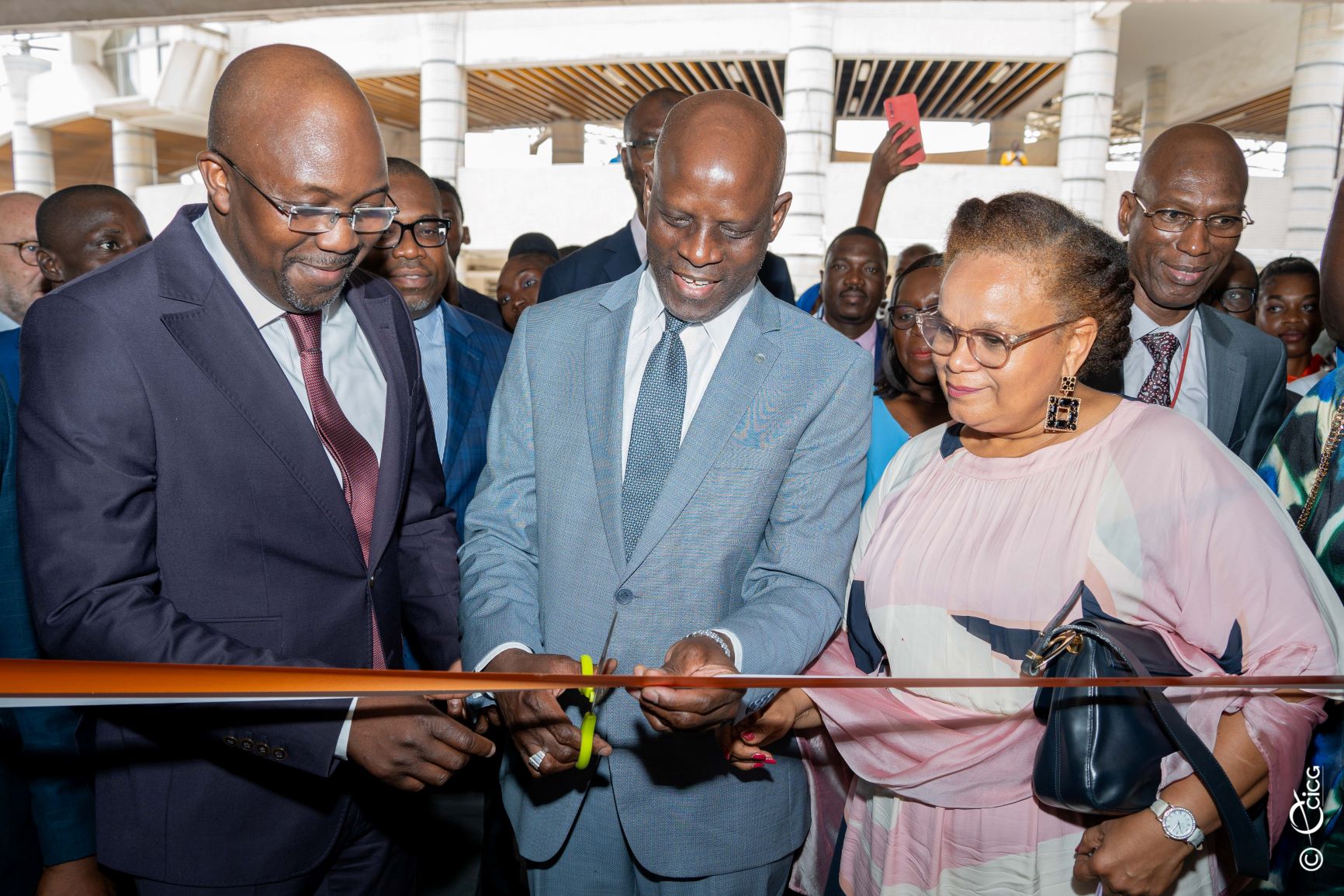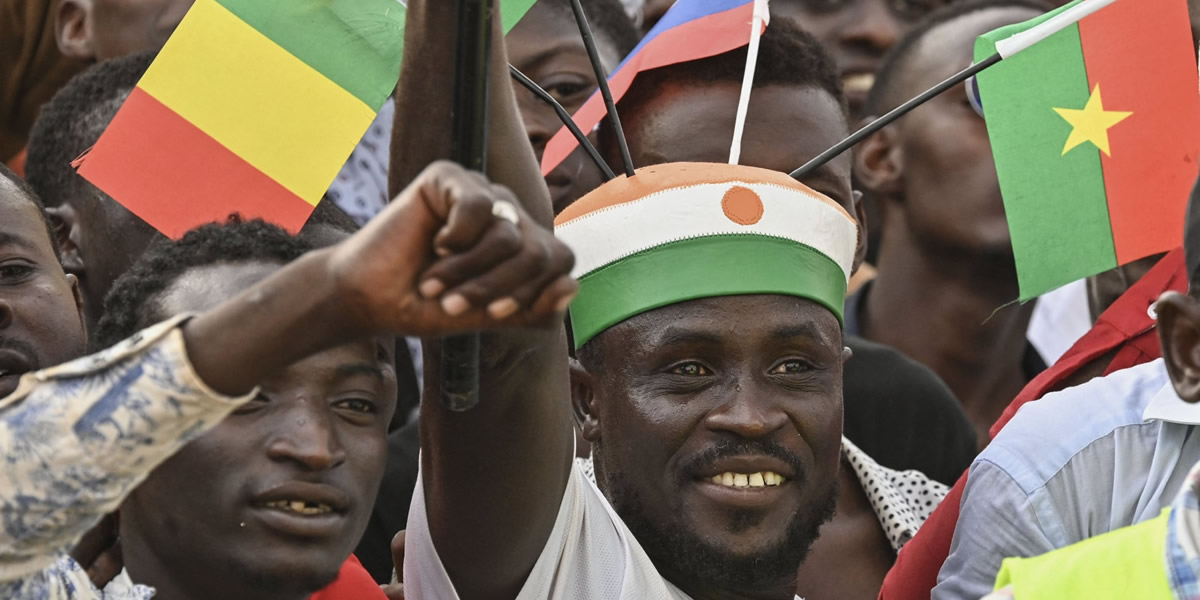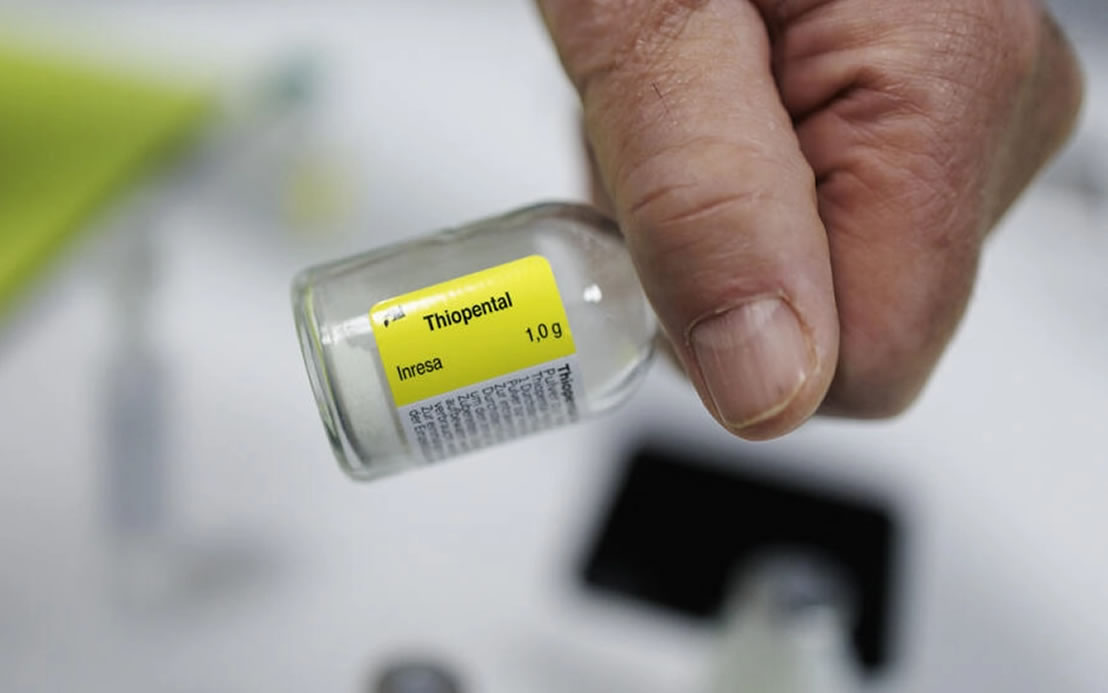Who's Pulling the Strings? Government, Elites, and Haitian Gangs
"There's an interconnected triangle in Haiti – the government, the elites, and the gangs," explains Rosa Freedman, a human rights law professor. This complex relationship sees them sometimes collaborating, sometimes clashing. The notorious G9 leader, 'Barbecue', exemplifies this murky overlap: a former police officer turned gang leader advocating for the poor while accused of committing atrocities himself.
Fueling the chaos, there's speculation that external forces or the government itself may be arming Haitian gangs to destabilize the country. Amidst this turmoil, ordinary Haitians suffer, caught in a power struggle with no clear answers.
History's Hand: How Haiti's Past Shaped its Gangs
To grasp the roots of Haitian gangs, one must delve into the nation's turbulent history. Haiti's legacy as the first independent Black republic came at a steep price: crippling reparations to France that hampered its development. Repeated foreign interventions, often with US backing, further eroded Haiti's sovereignty. The disbanding of Haiti's military created a dangerous power vacuum, one that these gangs were quick to exploit.
The removal of populist leaders like Jean-Bertrand Aristide exacerbated the situation. In this leadership void, Haitian gangs seized an opportunity, their rhetoric a mix of populism and a raw hunger for power.
Haitian Gangs: Revolution or Ruthless Power Play?
The assassination of President Jovenel Moise in 2021 threw Haiti deeper into crisis. Now, the corrupt elite control the wealth, while Haitian gangs hold sway in the impoverished streets. But what are their true goals?
"Some gang members want revolution, a shield against corruption," says Freedman. "Others simply crave power and profit." This makes it incredibly difficult to decipher the true motivations of each gang, let alone larger coalitions. Unifying goals like the removal of Prime Minister Ariel Henry may exist, but what comes after that remains tragically uncertain.
Challenging the Grip of Haitian Gangs
Foreign interventions, like the proposed Kenyan-led force, are unlikely to provide a lasting solution. Experts like Freedman believe that the key lies in a regional approach. Nations with strong ties to Haiti, understanding its unique context, could provide crucial support to Haitian security forces.
It's a plea for the international community to step back and allow Haitians to chart their own path. The nation desperately needs space to develop its own solutions—solutions that address the intertwined issues of poverty, corruption, and the dangerous vacuum of power that has allowed Haitian gangs to thrive and terrorize.






